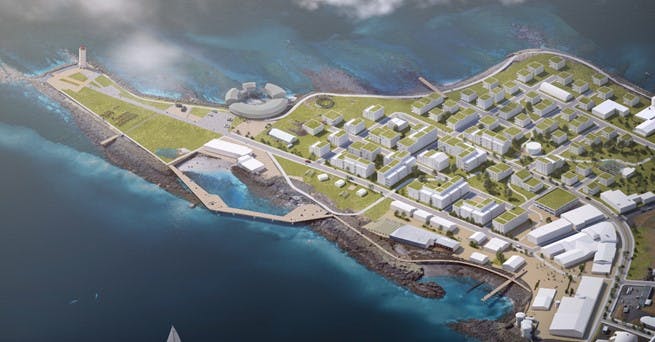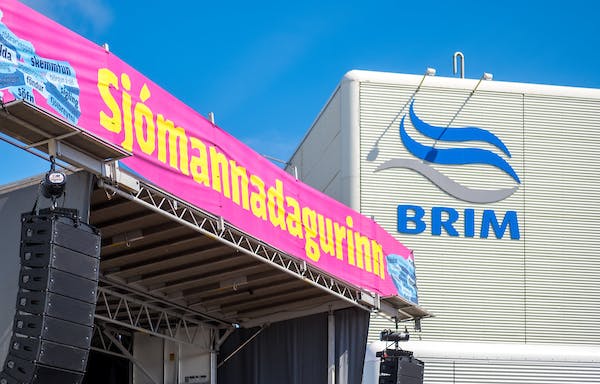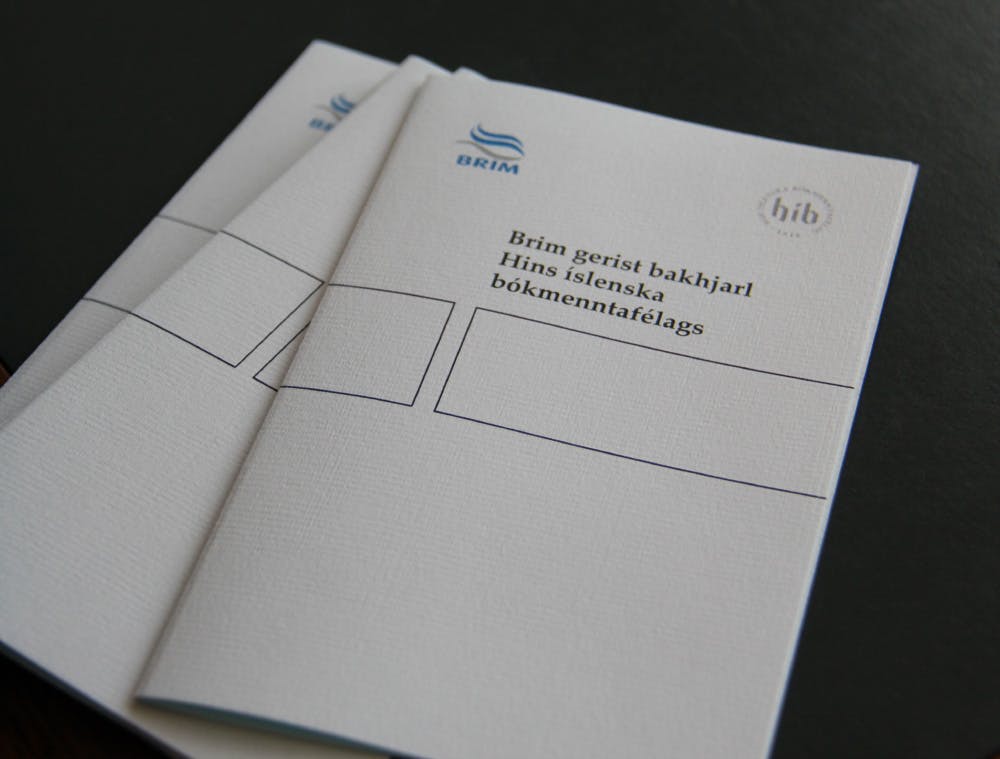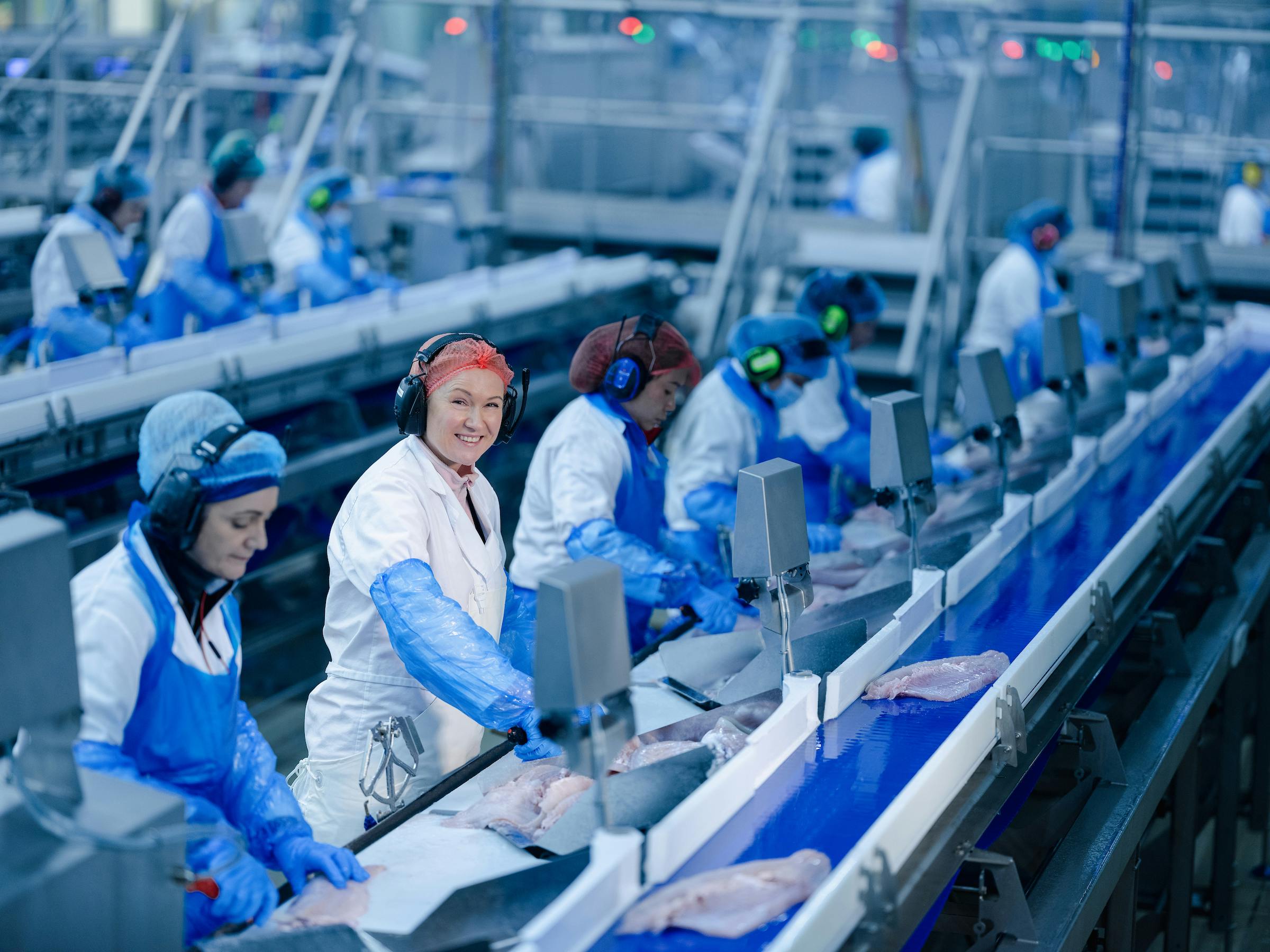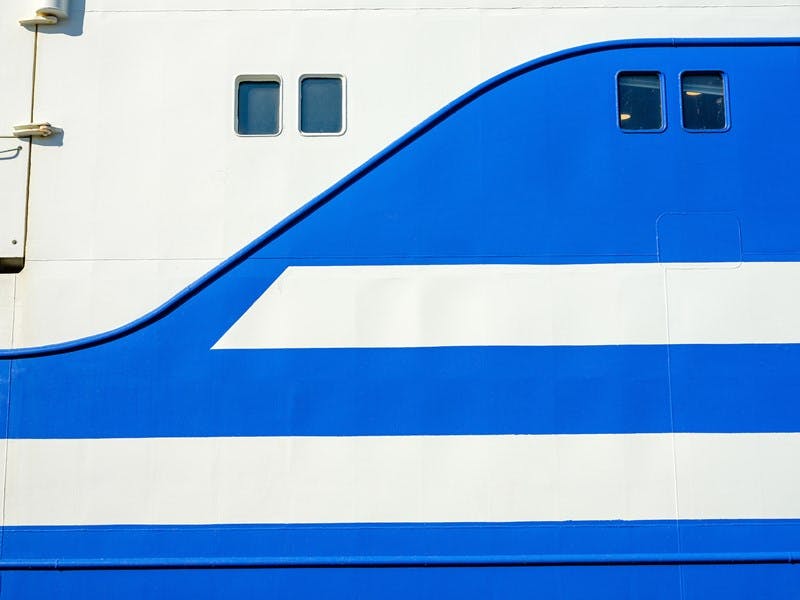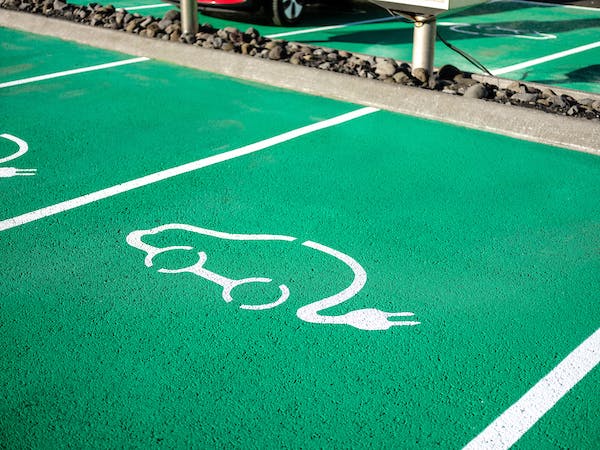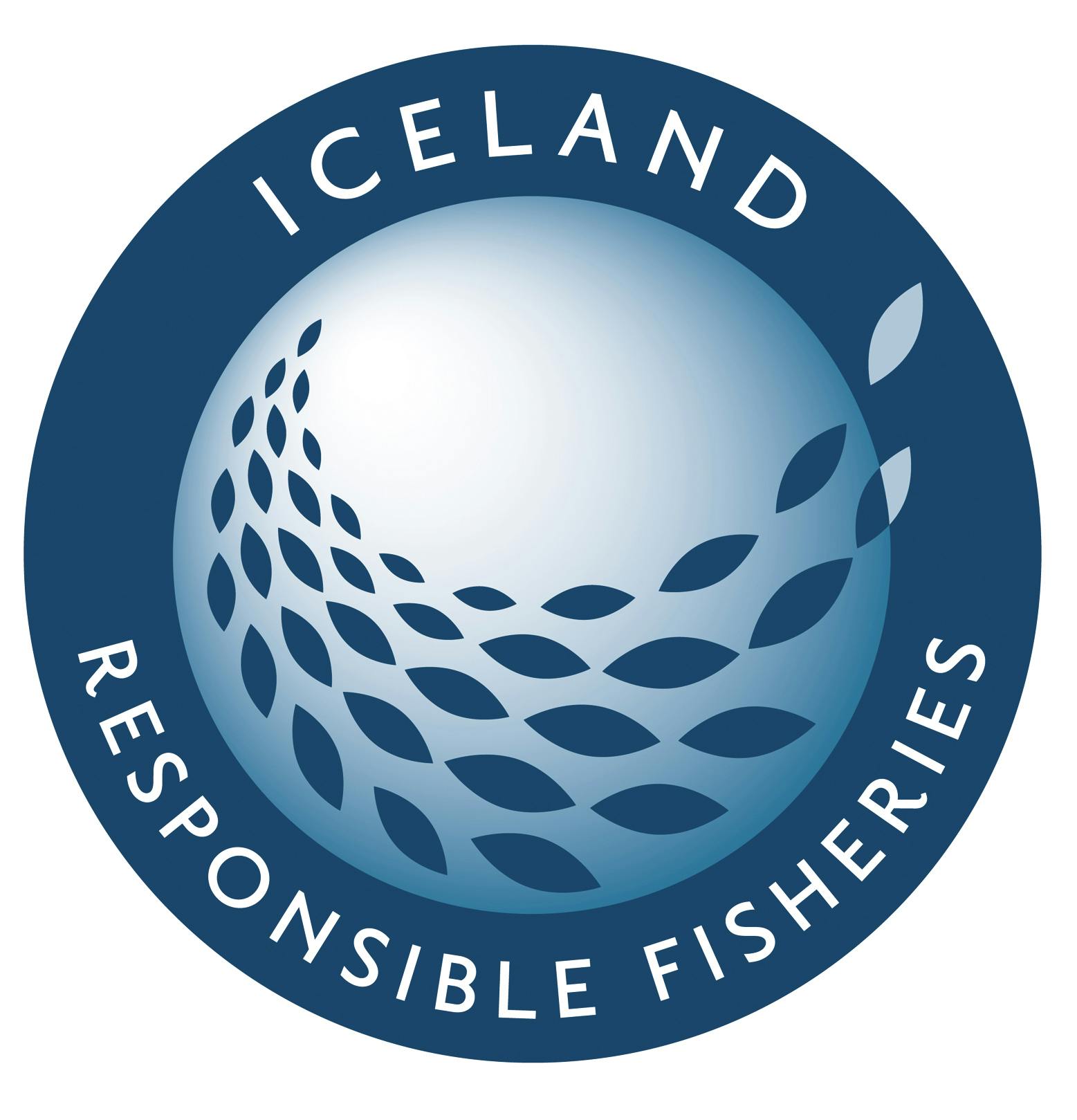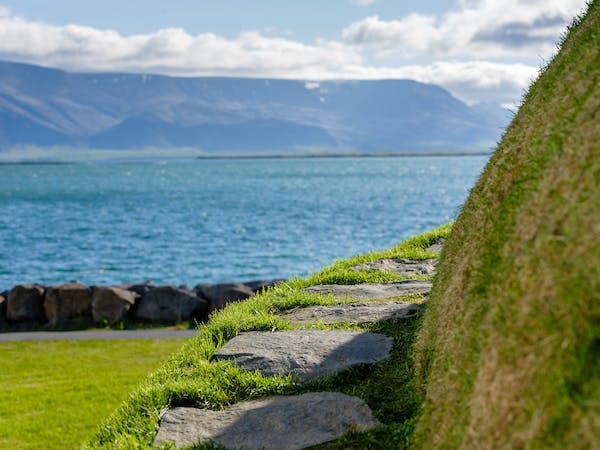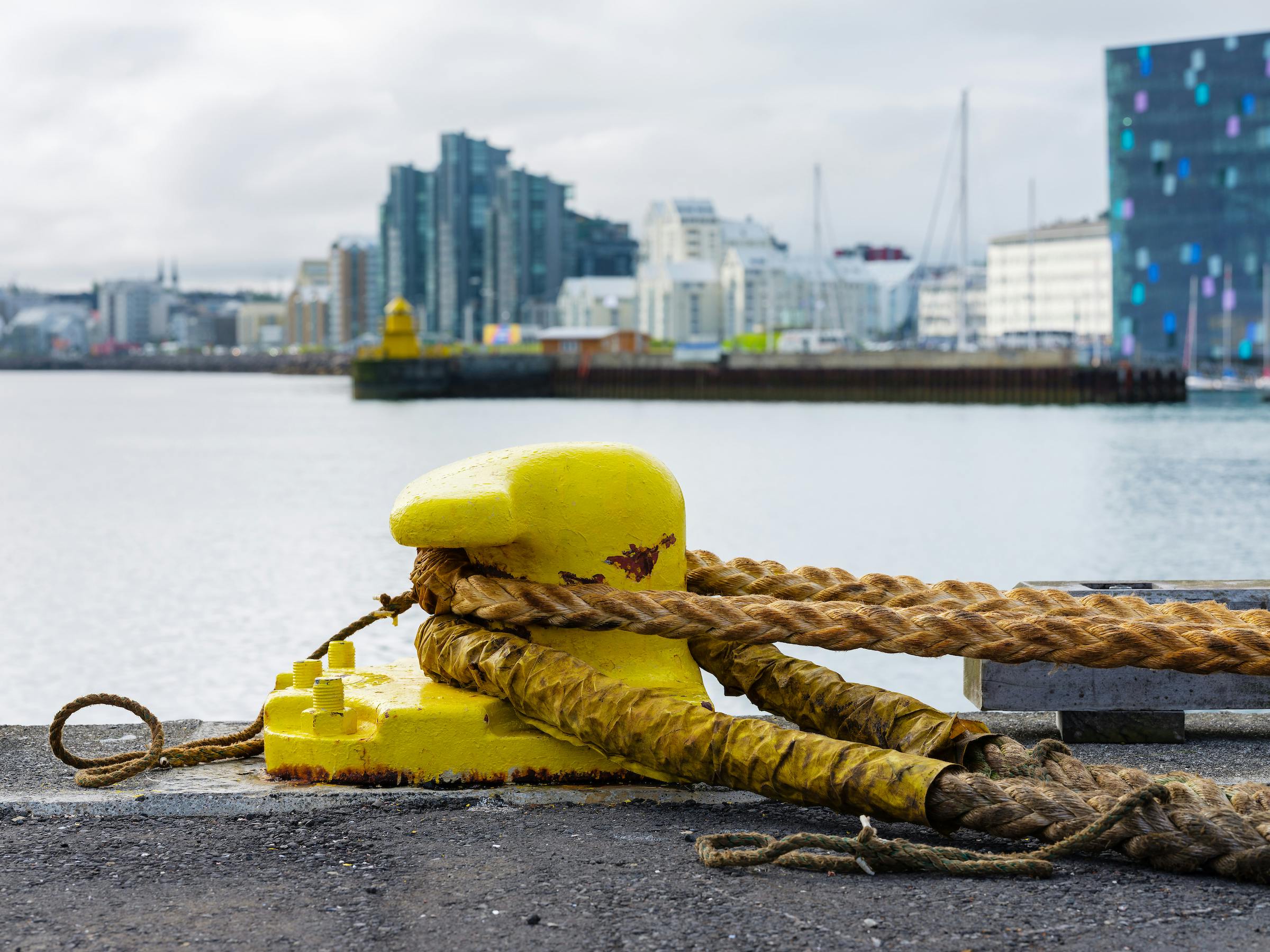Sustainability
Sustainability is not only policy
Through responsible fishing and processing, sustainable utilisation of fish stocks and value creation through innovation, we ensure that the fisheries sector will be a mainstay of Icelandic society for a long time to come.
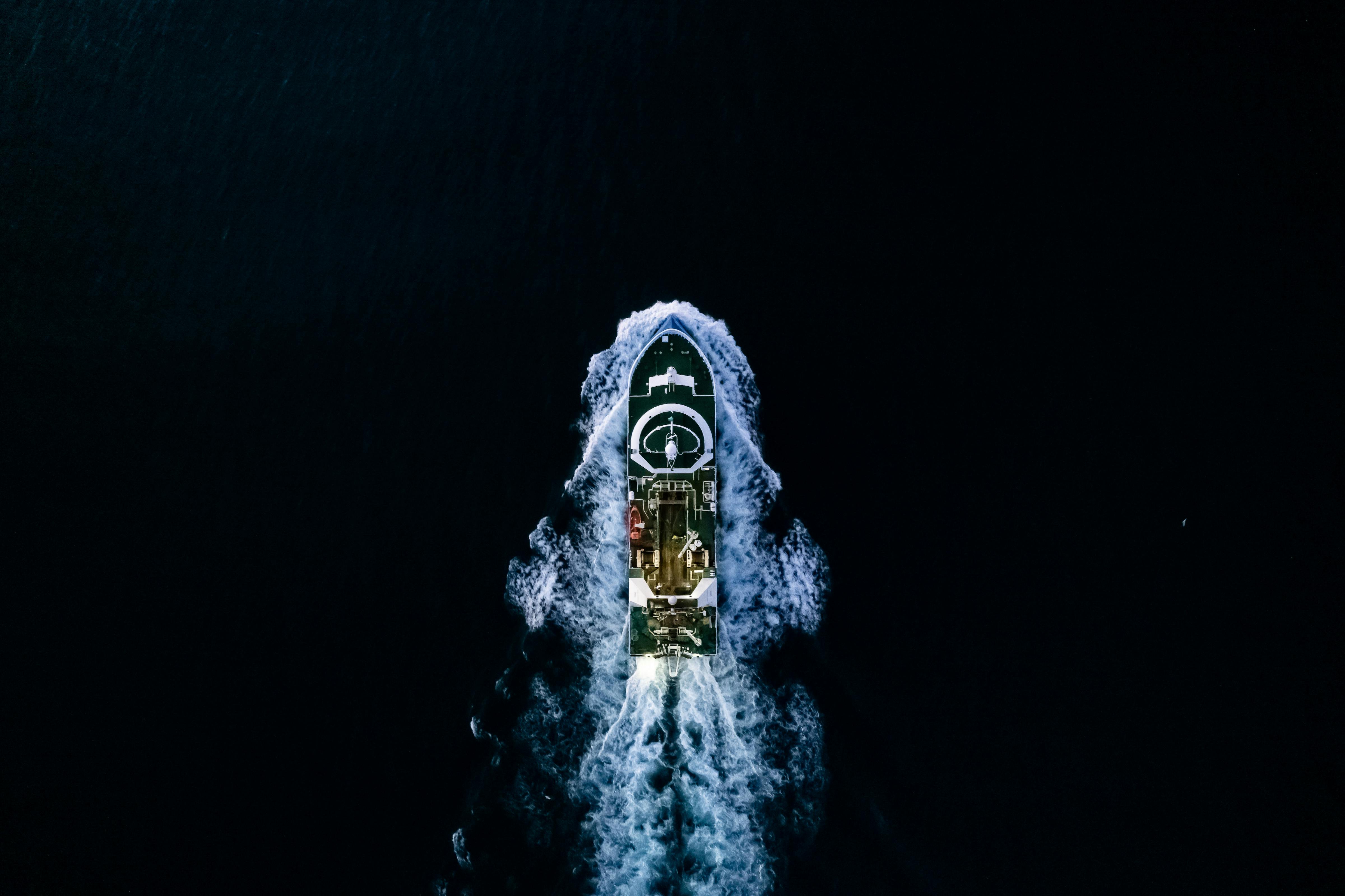

Projects
How We Promote Sustainability
Sustainability Reports
Focus goals
UN Sustainable Development Goals
Brim’s operations are extensive and touch on all of the United Nations’ Sustainable Development Goals (SDGs). However, Brim pays special attention to three SDGs in its operations, which are industry, innovation and infrastructure (no. 9), responsible consumption and production (no. 12) and life below water (no. 14).
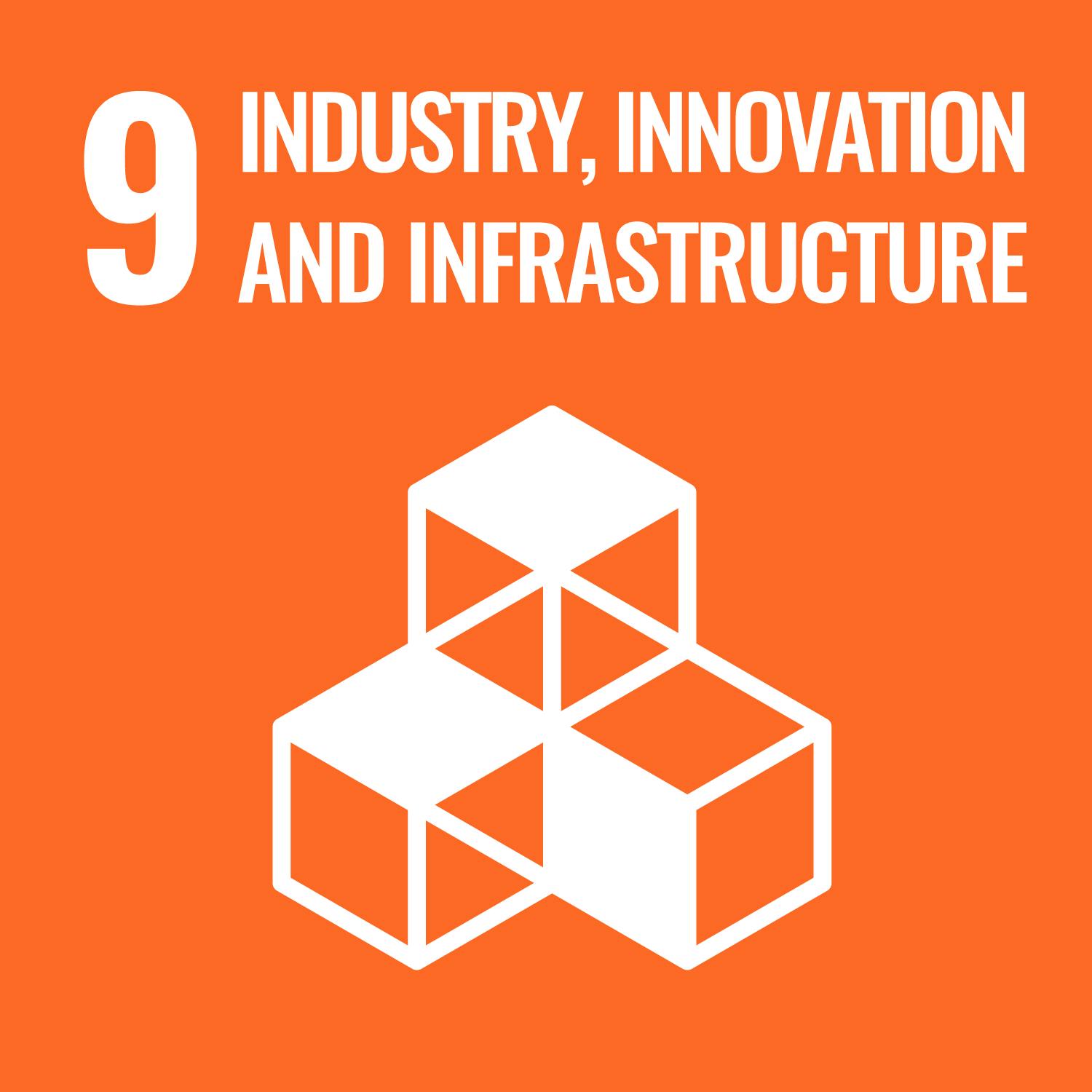
Instrustry, Innovation and Infrastructure
Innovation creates added value and reduces the impact on the environment at the same time. New technologies and new processes improve the treatment of raw materials and increase utilisation at the same time as efforts are made to reduce waste and thus the use of resources.
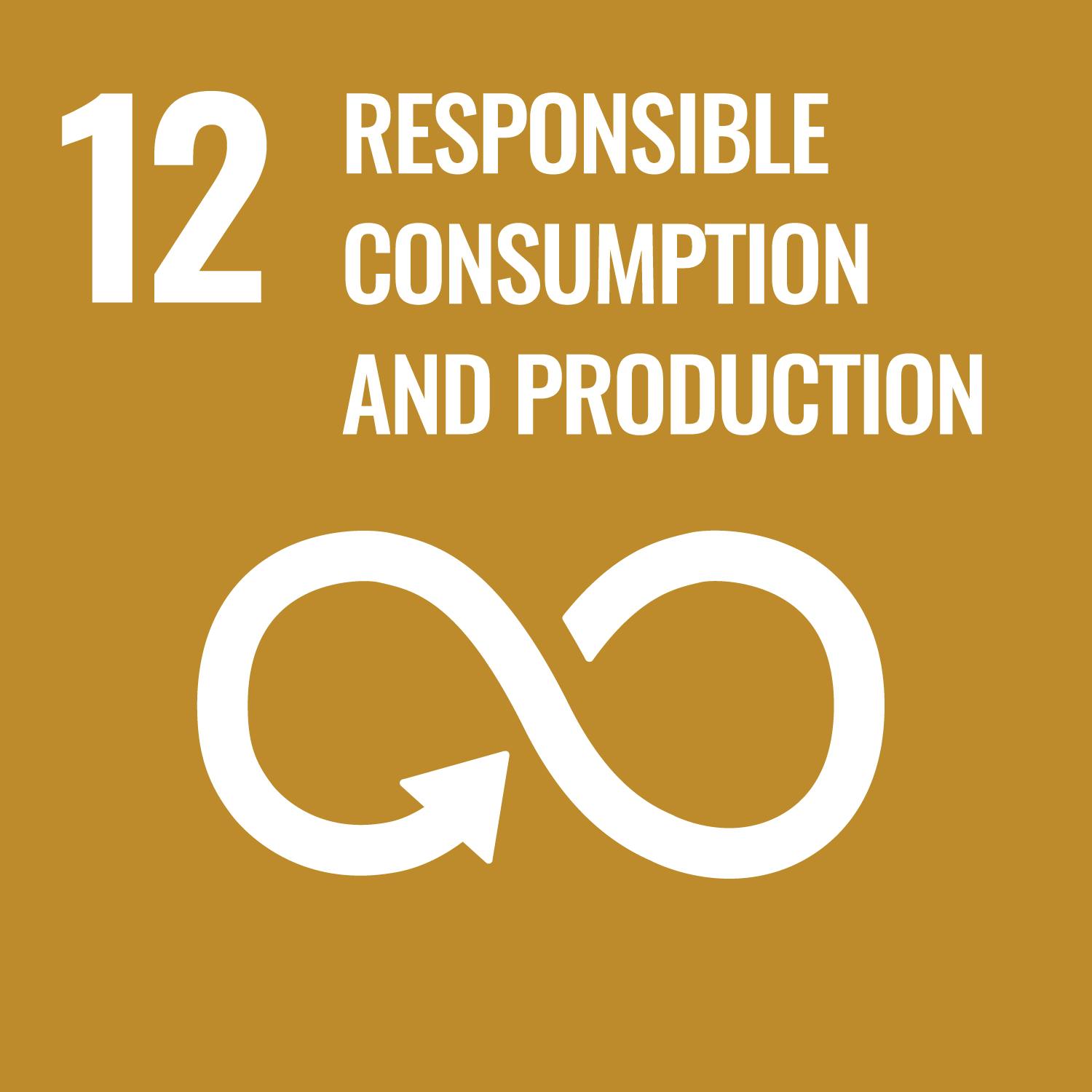
Responsible Consumption and Production
Brim produces high-quality food products and is constantly looking for ways to increase the utilisation of raw materials and find solutions for other raw materials that are generated during production. In addition, all waste generated by operations is sorted, whether it is generated at sea or on land. In this way, Brim supports the circular economy.
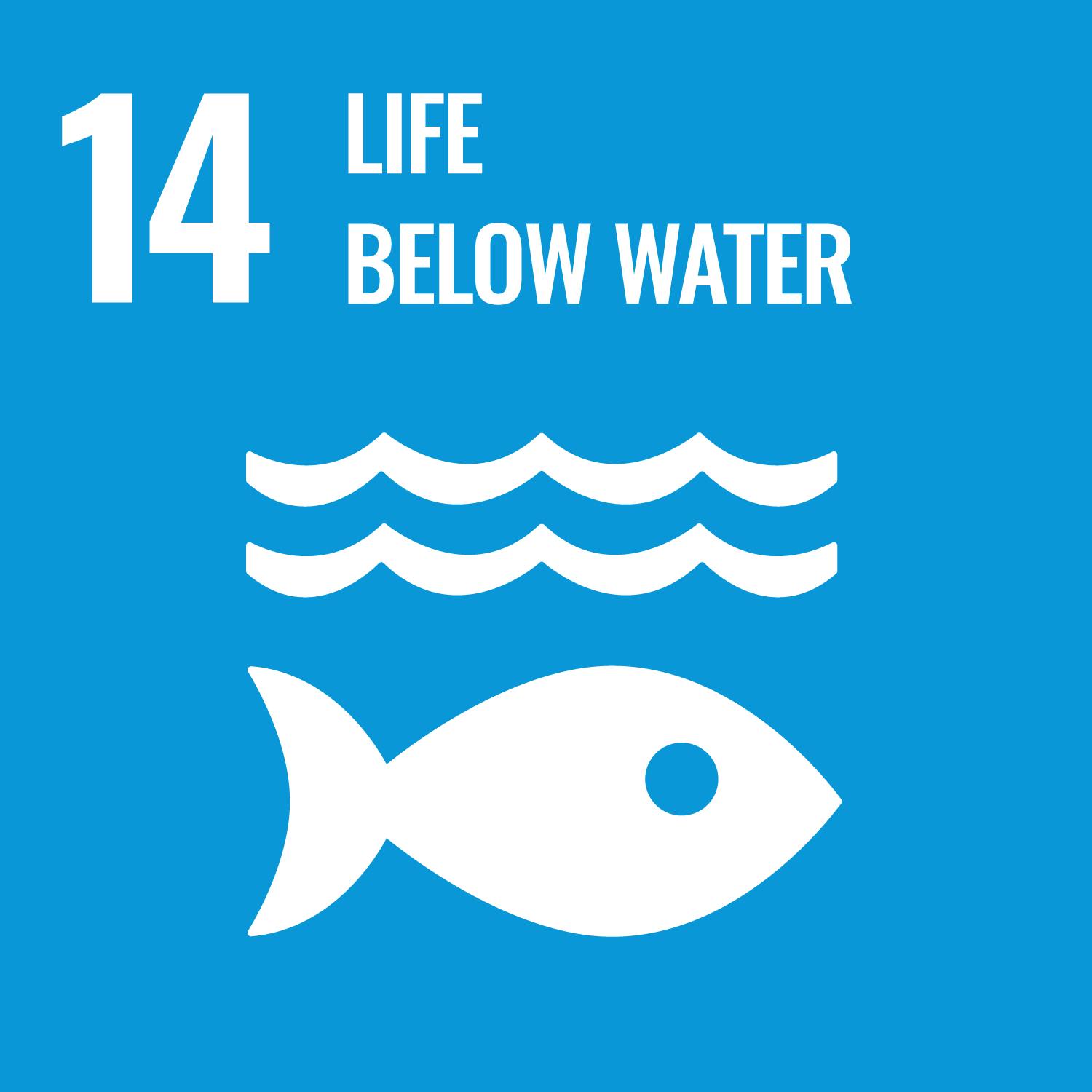
Life Below Water
Brim is constantly looking for ways to reduce the impact of its operations on the environment. It is in the interests of the whole nation that the state of fish stocks is sustainable and thus ensures that the fisheries sector remains a mainstay in society. Life below water and respect for the marine ecosystem are the basis for our ability to fish for the foreseeable future.
- Brim has received certificates that the company’s fishing is responsible and sustainable according to the international standards of Iceland Responsible Fisheries (IRF) and the Marine Stewardship Council (MSC).
- Brim is a sponsor of the Global Sustainable Seafood Initiative (GSSI). The object of the operation of GSSI is to increase transparency in the certification of sustainability in the fisheries and aquaculture sectors.
Responsible fishing – respect for the ocean
The sea around Iceland is a precious and fragile resource. Surfing has a major responsibility when it comes to marine resources and takes an active part in various collaborations that contribute to the sustainability of fish stocks around Iceland and a healthy marine environment.
The basis for responsible fishing in Iceland is the fisheries management system and the law on fisheries management, which is based on catch quotas for fish species for which it is considered necessary to limit fishing.
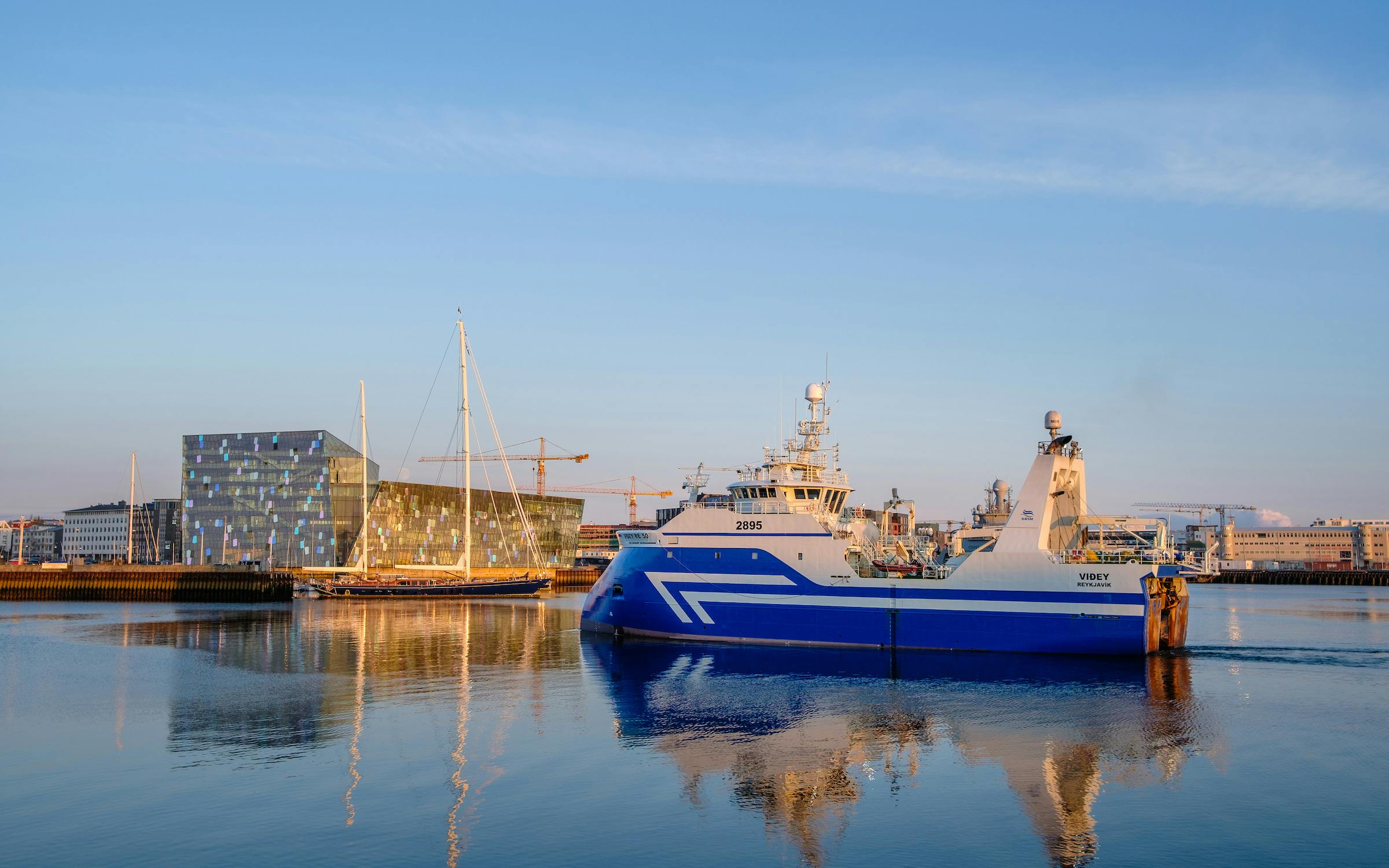
- Brim has received certificates that the company’s fishing is responsible and sustainable according to the international standards of Iceland Responsible Fisheries (IRF) and the Marine Stewardship Council (MSC).
- Brim is a sponsor of the Global Sustainable Seafood Initiative (GSSI). The object of the operation of GSSI is to increase transparency in the certification of sustainability in the fisheries and aquaculture sectors.
- Renewal of part of the fleet increases fishing efficiency and reduces the carbon footprint. Renewal in processing plants contributes to reduced electricity and water consumption, reduces waste and improves staff conditions.
- Software development, smart technology and data collection opens up countless possibilities, such as collecting data on environmental factors, achieving efficiency in fuel consumption and tracking the value chain from fishing to delivery.
Investing in innovation and high-tech equipment increases sustainability
Innovation, renewed equipment, vessels and the development of new infrastructure provide important opportunities to consider our sustainability in all areas. By constantly looking to the future, we can create more value without wasting resources, reduce waste and increase efficiency.
The United Nations’ Ninth Global Sustainable Development Goal encourages infrastructure development, sustainable industrialisation and innovation. Research, development and innovation are specifically mentioned as prerequisites for economic progress and societal prosperity.
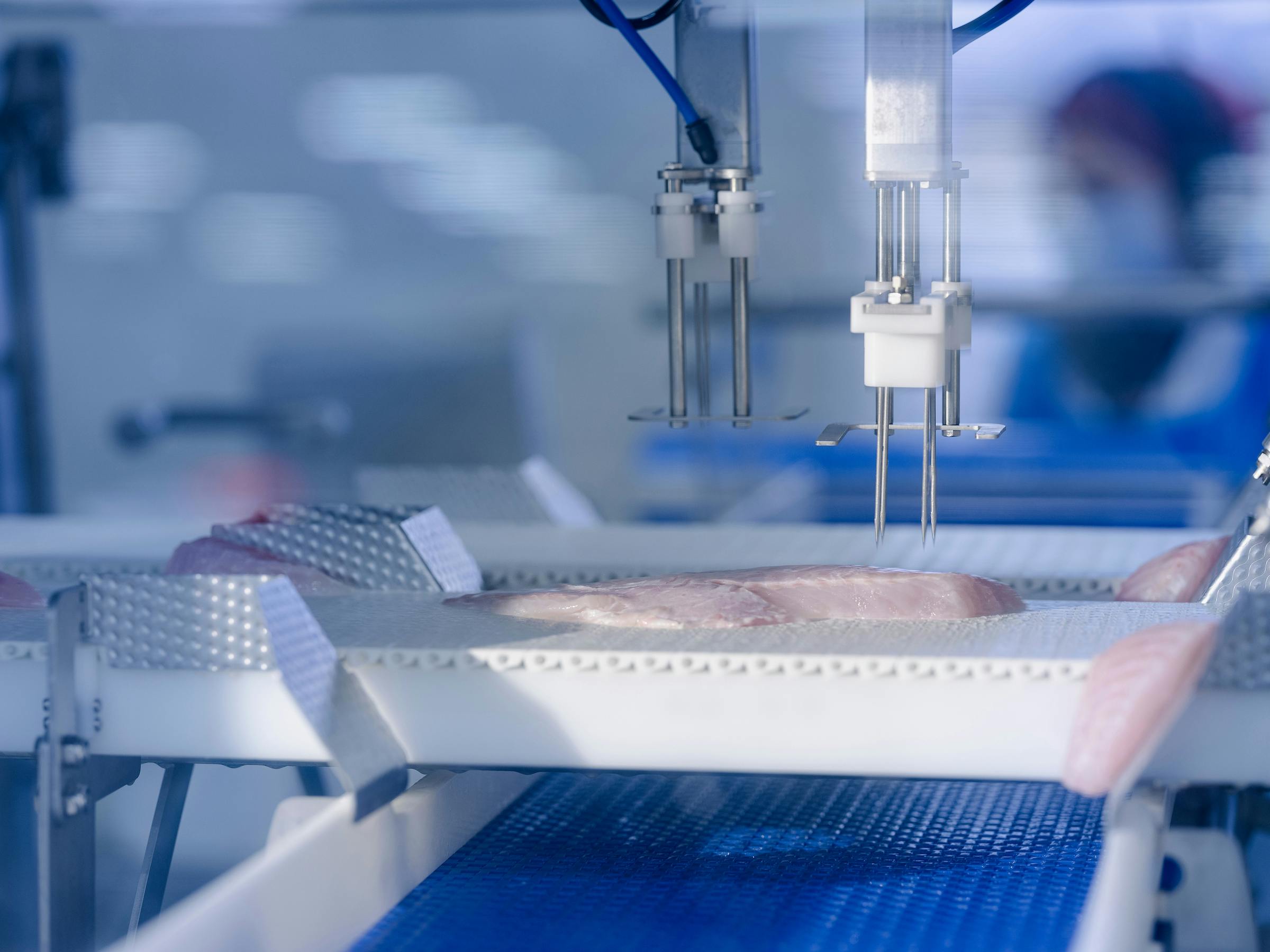
- Renewal of part of the fleet increases fishing efficiency and reduces the carbon footprint. Renewal in processing plants contributes to reduced electricity and water consumption, reduces waste and improves staff conditions.
- Software development, smart technology and data collection opens up countless possibilities, such as collecting data on environmental factors, achieving efficiency in fuel consumption and tracking the value chain from fishing to delivery.
- Brim publishes an Annual and Sustainability Reports each year based on the Global Report Initiative, which is a recognised international measure of corporate social responsibility.
- All Brim’s fishing gear is sorted and recycled. Brim works closely with fishing gear manufacturers to increase catch, improve fish handling and reduce energy consumption.
Good handling and utilisation yield benefits for all
Good handling of the resource and the environment, as well as good utilisation of everything that is used, yield benefits for the company, nature, society and future generations. Brim places special emphasis on the sustainable utilisation of marine resources, but also pays attention to, for example, energy consumption, carbon footprint, waste and waste management issues.
In line with the UN’s Twelfth Global Goal, we want to implement a circular approach to all our activities, to ensure that nature’s tolerance limits are respected and that our resources can be enjoyed for a long time to come.
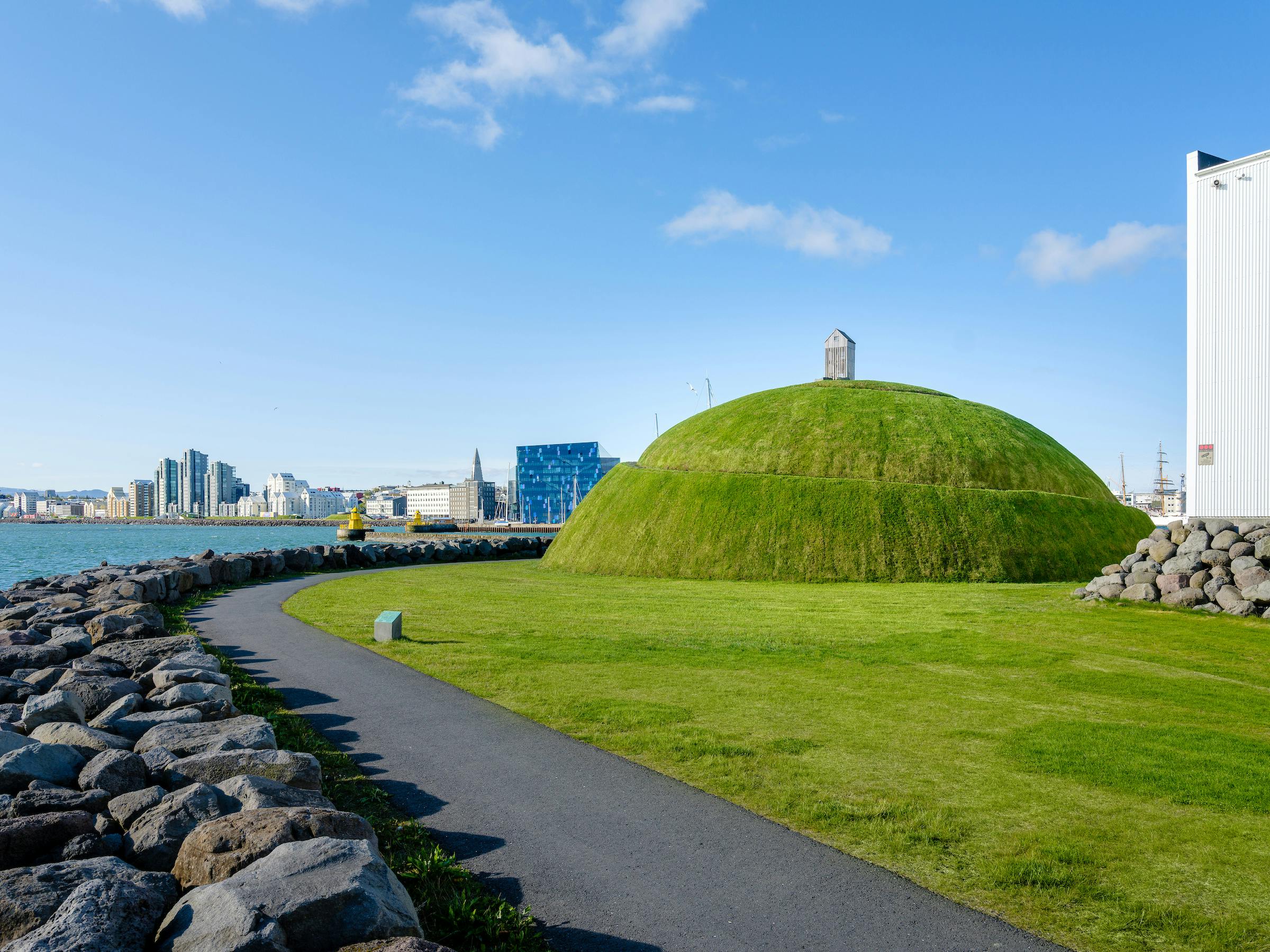
- Brim publishes an Annual and Sustainability Reports each year based on the Global Report Initiative, which is a recognised international measure of corporate social responsibility.
- All Brim’s fishing gear is sorted and recycled. Brim works closely with fishing gear manufacturers to increase catch, improve fish handling and reduce energy consumption.
